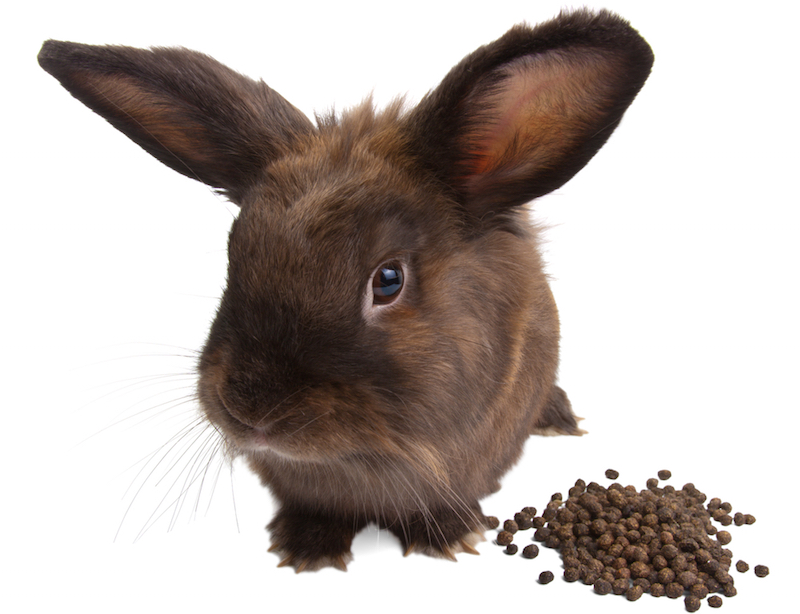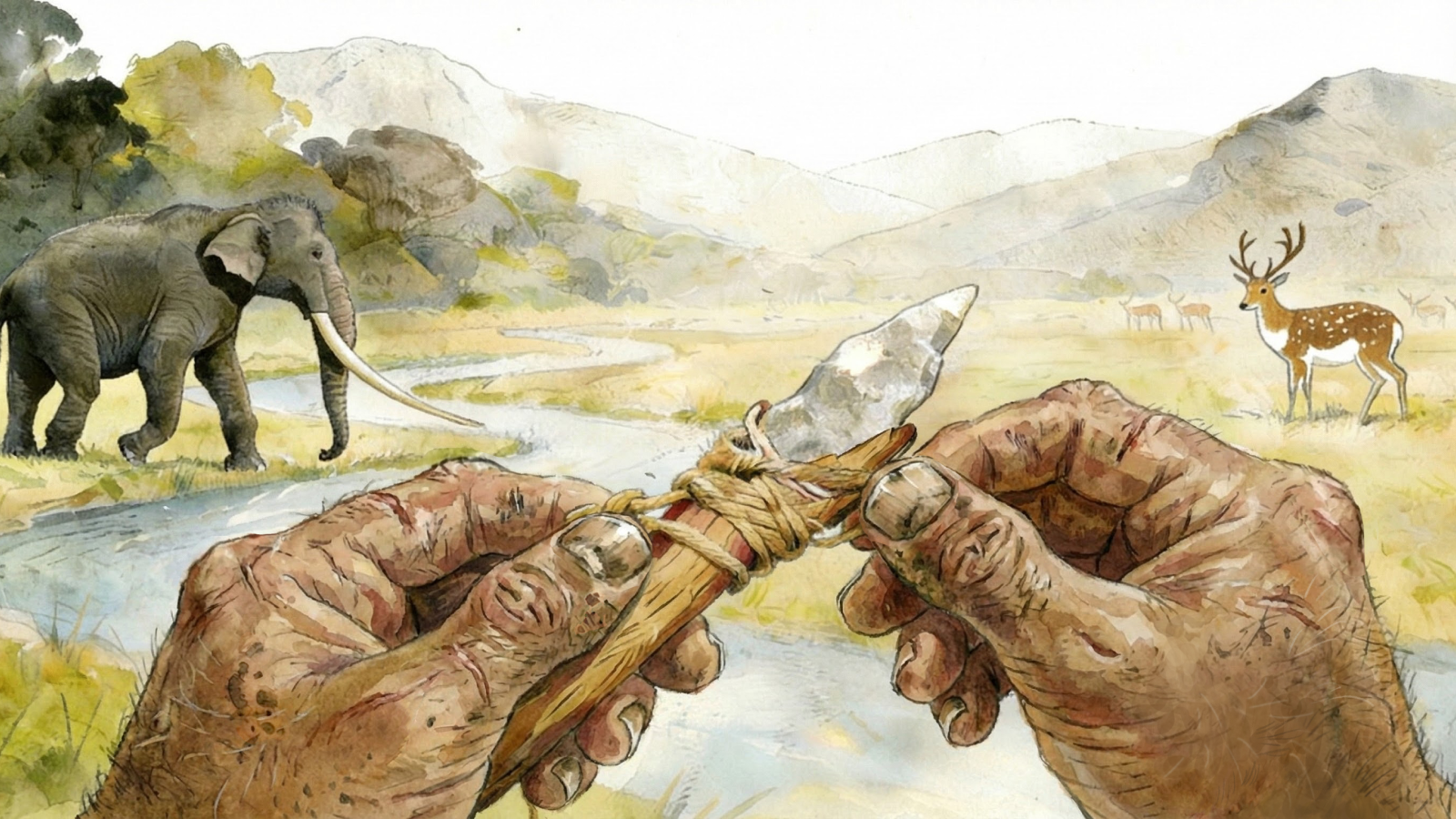Why Do Some Animals Eat Their Own Poop?

Why do some animals poop, and then turn around and eat their own droppings?
It may appear icky to humans, but the practice of eating poop, known as coprophagia (kop-ruh-fey-jee-uh), is common in the animal kingdom, and helps these animals access nutrients they couldn't digest the first time around, said Bryan Amaral, the senior curator of animal care science at the Smithsonian's National Zoo in Washington, D.C.
"It's a relatively normal phenomenon that's seen in lots of different species of animals," Amaral told Live Science. [Why Is Poop Brown?]
For instance, coprophagia is practiced by lagomorphs (rabbits, hares and pikas), rodents (mice, rats, hamster, naked mole rats, chinchillas and guinea pigs), dogs, mountain beavers, baby elephants, hippopotamus calves and nonhuman primates (including gorillas, orangutans and rhesus monkeys), according to a 1991 review published in the journal The Cornell Veterinarian.
Rabbit droppings
Eating excrement is a natural and essential partof a rabbit's diet, said Cynthia Alvarado, a clinical veterinarian at The Jackson Laboratory in Bar Harbor, Maine.
Lagomorphs are hind-gut fermenters, meaning that after the food passes through the stomach and the small intestine, it enters the large intestine, where bacteria causes fermentation, breaking down tough plant material. In rabbits, this fermentation happens in the cecum, a pouch at the beginning of the large intestine, Alvarado said.
Nutrient absorption happens in the rabbit's stomach and small intestine, that is, earlier in the digestion process. But rabbits have found a way around this obstacle, Alvarado said.
Get the world’s most fascinating discoveries delivered straight to your inbox.
"Lagomorphs overcome this design flaw by producing cecotropes, which are products of the cecum that are very rich in nutrients," Alvarado told Live Science in an email.
Rabbits excrete cecotropes at night, which is why they're also called "night feces," she said. Cecotropes are dark, soft and tarry, in contrast with "normal" fecal droppings, which are brown and hard. Most rabbit owners don't see cecotropes, mostly because rabbits "eat them straight from the anus," Alvarado said.
Once they gobble down the cecotropes, lagomorphs can digest the nutrients on the second pass, she said.
If a rabbit stops eating normal food, or if it refuses to eat its night feces, that's an indicator that the critter isn't feeling well, and should be brought to a veterinarian.
"For rabbits, their overall health is very much tied to their gut health," Alvarado said.
Bacterial banquet
Many baby animals — including elephant and hippo calves — eat feces from their mothers or fellow herd members when they're transitioning from drinking their mother's milk to eating solid foods, Amaral said.
Devouring this fecal matter helps babies establish healthy bacterial communities in their guts, which, in turn, aids normal digestion, Alvarado said.
Even mammoth babies ate their mother's dung. An autopsy of a 42,000-year-old baby female mammoth named Lyuba revealed that she had ingested adult mammoth feces. The finding showed that, "like elephants, mammoth babies ingest their mother's feces to inoculate their digestive systems with the microbes that will break down the plants they eat," according to the book "How to Clone a Mammoth: The Science of De-Extinction" (Princeton University Press, 2015). [Skin and Bones: Inside Baby Mammoths]
Hungry herbivores
Among other herbivores, eating poop can help deliver much needed nutrients and minerals.
"Finding food in the wild can be difficult, so coprophagia likely evolved as a mechanism to allow animals the opportunity to extract the maximum benefit from the foods they eat by allowing for a second pass through the digestive system," Alvarado said. "Some animals rely on coprophagic behavior to obtain certain nutrients that are produced by microbes present in the digestive tract."
Moreover, animals that normally practice coprophagia usually don't get sick, "unless the ingested fecal material contains a pathogen," she added.
It's unclear why dogs, which are carnivores, sometimes eat droppings. But scientists said it could be for nutritional reasons, from boredom or even to copy their mother's behavior, as mother dogs often eat their puppies' excrement, Live Science previously reported.
Whatever reasons animals have for eating poop, it's humans who are the anomalous ones, said Meredith Bastian, the curator of primates at Smithsonian's National Zoo.
"Humans are sort of abnormal in not doing it," Bastian said. "And that's really just a cultural thing."
Original article on Live Science.

Laura is the managing editor at Live Science. She also runs the archaeology section and the Life's Little Mysteries series. Her work has appeared in The New York Times, Scholastic, Popular Science and Spectrum, a site on autism research. She has won multiple awards from the Society of Professional Journalists and the Washington Newspaper Publishers Association for her reporting at a weekly newspaper near Seattle. Laura holds a bachelor's degree in English literature and psychology from Washington University in St. Louis and a master's degree in science writing from NYU.
 Live Science Plus
Live Science Plus






